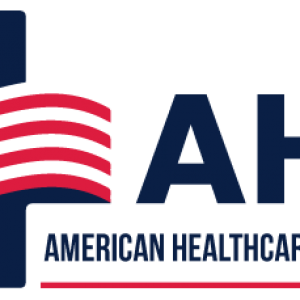Ensuring Patient Privacy and Data Security: A Guide to HIPAA Compliance
In an age where digital technologies have transformed the healthcare landscape, the protection of patient information has become paramount. To address this concern, the United States introduced the Health Insurance Portability and Accountability Act (HIPAA) in 1996. HIPAA, with its Privacy and Security Rules, aims to safeguard patients' sensitive health information while ensuring the efficient flow of healthcare data. In this article, we will delve into the essentials of HIPAA compliance and why it matters in today's healthcare environment.
Understanding HIPAA Compliance
HIPAA Compliance is the adherence to the regulations laid out by the Health Insurance Portability and Accountability Act. It encompasses a set of rules and standards designed to protect the privacy and security of patients' health information. Compliance with HIPAA is not optional; it is a legal requirement for covered entities and their business associates.
Who Needs to Comply with HIPAA?
HIPAA compliance is obligatory for:
- Healthcare Providers: Including doctors, hospitals, clinics, nursing homes, and pharmacies.
- Health Plans: Such as health insurance companies, HMOs, and government health programs.
- Healthcare Clearinghouses: Entities that process non-standard health information, like billing information for insurers.
Additionally, business associates of covered entities, such as IT service providers or third-party billing companies, are also required to adhere to HIPAA regulations.
Key Components of HIPAA Compliance
-
Privacy Rule: The HIPAA Privacy Rule sets standards for protecting patients' medical records and other personal health information. It restricts the use and disclosure of this information without the patient's explicit consent, except for treatment, payment, or healthcare operations.
-
Security Rule: The HIPAA Security Rule focuses on safeguarding electronic protected health information (ePHI). It mandates the implementation of security measures to protect ePHI from unauthorized access, disclosure, and threats. This rule covers both administrative and technical safeguards, such as encryption, access controls, and risk assessments.
-
Breach Notification Rule: This rule requires covered entities to notify affected individuals, the Department of Health and Human Services (HHS), and, in some cases, the media, in the event of a breach of unsecured ePHI. The notification must occur promptly, typically within 60 days of discovering the breach.
-
HIPAA Enforcement: HHS's Office for Civil Rights (OCR) is responsible for enforcing HIPAA compliance. Violations can result in severe penalties, including fines that can range from thousands to millions of dollars, depending on the severity of the breach.
Why HIPAA Compliance Matters
-
Patient Trust: HIPAA compliance is essential to maintain patient trust. When individuals seek medical care, they expect their sensitive health information to remain confidential. Compliance helps preserve this trust.
-
Legal Obligation: Failure to comply with HIPAA can lead to hefty fines and legal repercussions. Avoiding these penalties is a significant motivator for healthcare organizations to ensure compliance.
-
Data Security: HIPAA compliance measures help protect against data breaches and unauthorized access, which are critical in an era where cyber threats are increasingly prevalent.
-
Interoperability: HIPAA facilitates the secure exchange of healthcare data between authorized entities, improving the efficiency and quality of patient care.
In conclusion, HIPAA Compliance is not just a regulatory burden; it is a vital framework for protecting patients' privacy and ensuring the security of their health information. It is a responsibility that falls on healthcare providers, insurers, and their business associates. By upholding HIPAA standards, we can navigate the complex healthcare landscape with confidence, knowing that our sensitive health information is in safe hands.


